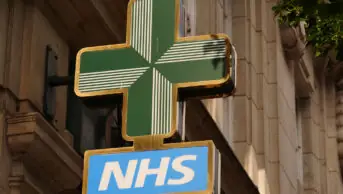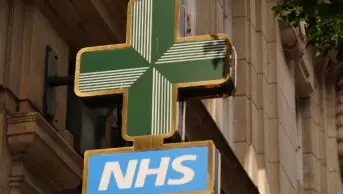
Shutterstock.com
Cuts to public health budgets have been six times larger in the UK’s most deprived areas compared to cuts made in the country’s least deprived areas, a report has found.
The report, published by think tank the Institute for Public Policy Research (IPPR) on 5 November 2019, found that the ten most deprived areas of the UK, according to government data, have lost approximately £0.35 for every £1.00 of their budget between 2014/2015 and 2019/2020.
This compares with the ten least deprived places losing approximately £0.20 for every £1.00.
The ten most deprived local authorities — Blackpool, Manchester, Knowsley, Liverpool, Barking and Dagenham, Birmingham, Hackney, Sandwell, Kingston upon Hull and Nottingham — have seen their combined budget for smoking cessation services cut by 52% (£7.7m) over the five-year period.
Meanwhile, in the ten least deprived areas — Wokingham, Windsor and Maidenhead, Surrey, Rutland, Buckinghamshire, Richmond upon Thames, West Berkshire, Bracknell Forest, Kingston upon Thames and South Gloucestershire — smoking cessation services saw their combined budget fall by just 8% (£1.7m) over the same period.
A Freedom of Information request by The Pharmaceutical Journal in January 2018 revealed that nearly a fifth of local authorities in England decommissioned community pharmacy-led smoking cessation services in the previous three years.
Overall, the IPPR report estimated that local authorities spent £871.6m less on public health services in 2019/2020 compared with 2014/2015, with the ten most deprived areas having borne almost 15% of the cuts.


